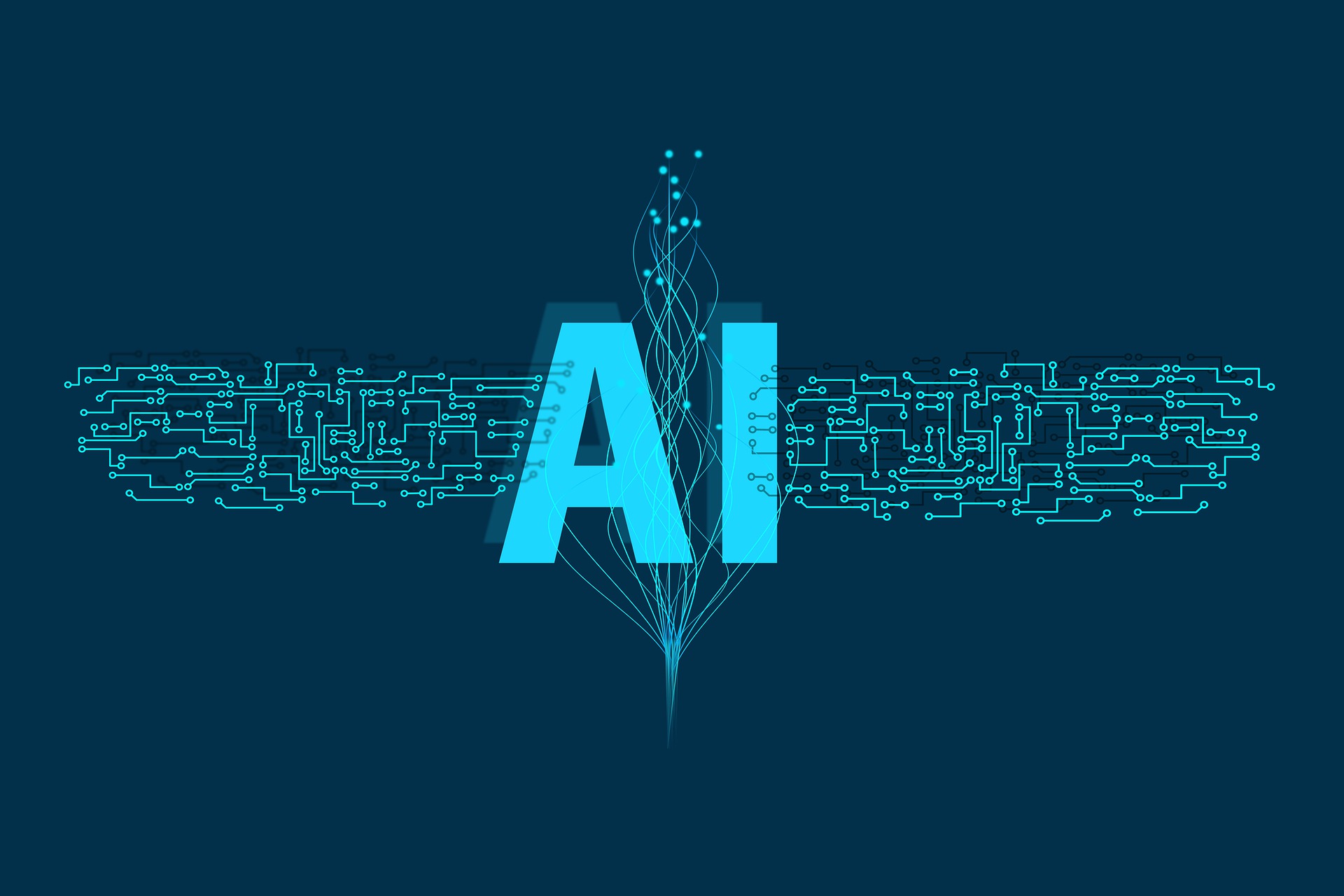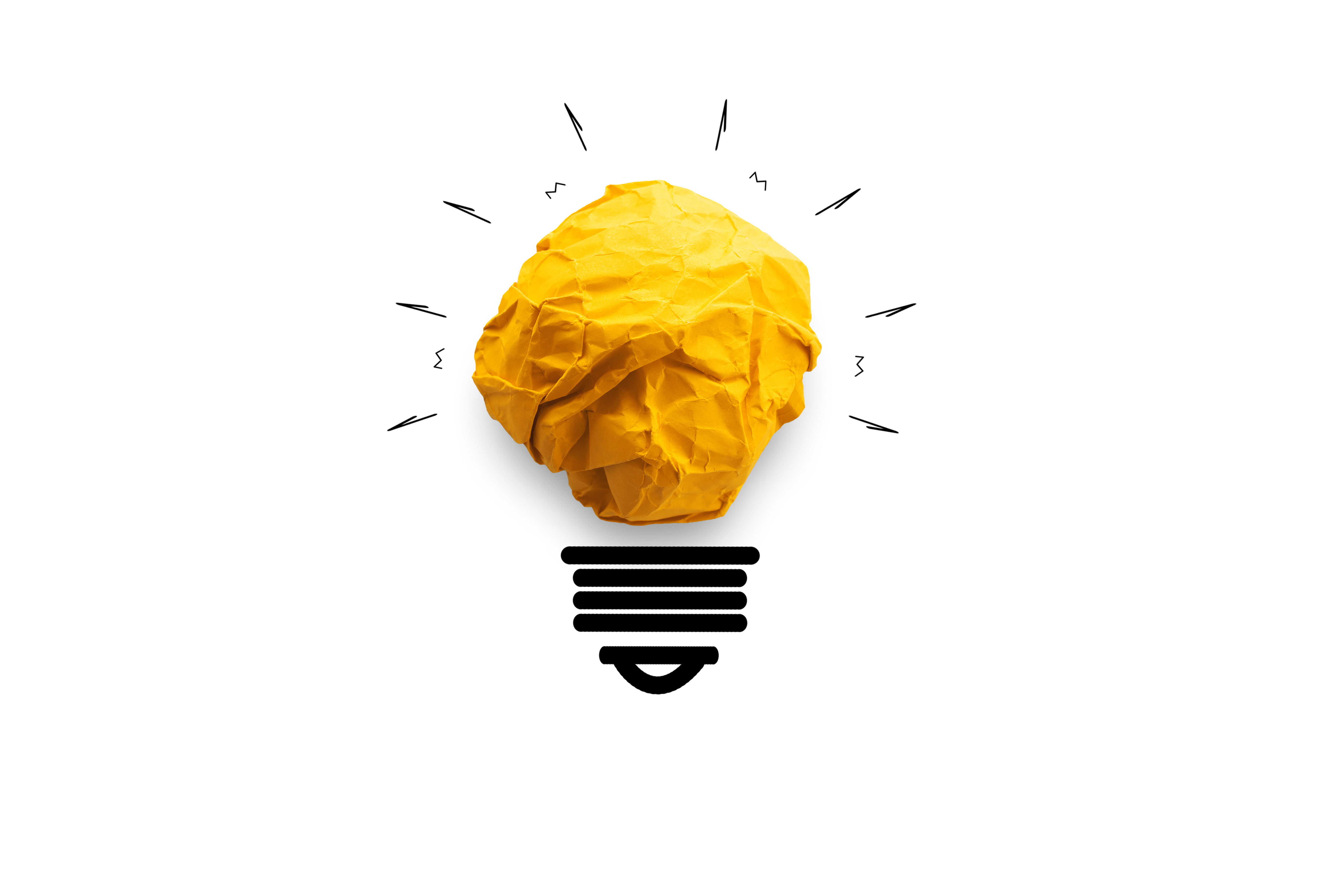Can it be done? In summary: yes, but there’s a “but”.
In patent law, Artificial Intelligence (AI) per se is considered as pure mathematics implemented in pure software, which itself is executed on a standard computer. Since pure mathematics and pure software are excluded from patentability, and since a standard computer obviously already exists, it is not possible to get a patent granted on that.
What should you keep in mind?
There is an option, and that is to define a technical limitation. Such a limitation can relate to the intended application and/or to internal technical details.
For such internal technical details, one can for example think of an invention wherein, in a well-known AI technique, a particular data structure is organized differently in memory storage of the computer, which allows to execute the known AI technique faster.
Besides that, it is also possible to define that your invention is limited to e.g. a computer vision application in traffic management, or e.g. to image analysis for controlling a medical device. By including such limitations in the claims of the patent, it can be possible to get the patent granted.
Of course this somewhat reduces the scope of the patent, because competitors can yet freely copy the core of your AI invention in applications that you did not include in the claims, e.g. the same computer vision technique but applied in waste processing, or the same image analysis technique, but applied to make a medical diagnosis.
That is why you should carefully consult with your patent attorney in which application domains your invention could be used, in order to obtain as broad a protection as possible.
Is it worth it?
This is a deliberation that you will have to make together with your patent attorney. With regards to AI (and software in general), your patent attorney could for example ask you whether or not your invention is reverse engineerable.
If that is the case, and if you could prove infringement, then you might consider a patent on your AI invention.
If that isn’t the case, then it can be more prudent to simply keep your invention a secret. Your patent attorney will then advise you how to keep something a secret in legal terms, in order to maximally profit from the legal protection for trade secrets.
Do you have any questions about this article? Then contact me!




